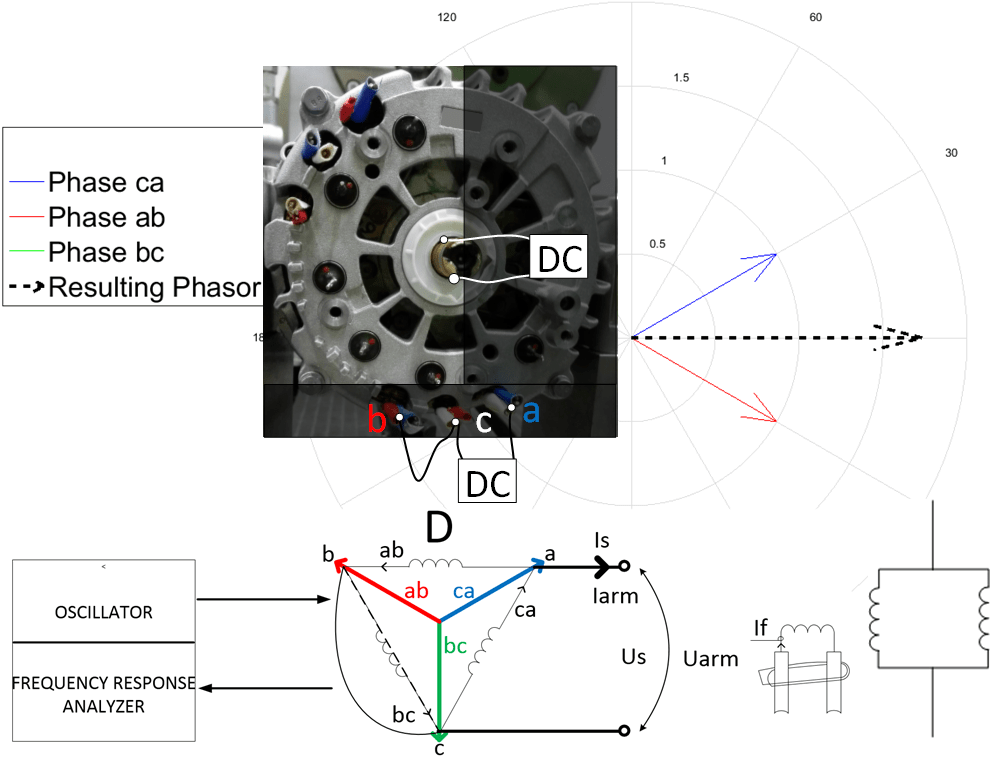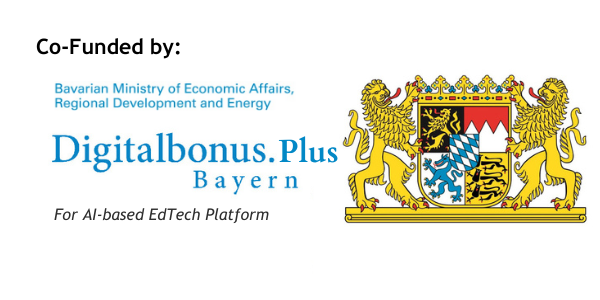Private Tutoring in Engineering: What are the advantages?

This article describes the benefits of private tutoring in engineering and why it is becoming continuously more popular.
Private tutoring is an effective form of personalized education that is gaining popularity among students of all ages. In recent years, it has become an essential component of academic learning. Since the COVID-19 pandemic a shift towards online solutions, making tutoring more accessible to a wider audience than ever before.
Unlike traditional classrooms where teachers must handle a group of students, private tutoring provides a one-to-one environment. This allows the tutor to focus solely on the student’s unique strengths, weaknesses, and learning style. A personalized approach enables the tutor to use teaching techniques tailored to the student, resulting in a better understanding and absorption of the material.
Private tutoring in engineering subjects has become increasingly popular due to the complexity of these subjects and the demand for skilled professionals in the engineering field. The rigorous coursework and technical nature of engineering subjects can be challenging for students. This is why personalized attention and support are often necessary for them to excel.
Benefits in a nutshell
If you’re wondering why private tutoring is worth considering, the following benefits will shed light on its advantages:
- Personalized Attention: Private tutoring allows for personalized attention, with one-on-one instruction and support tailored to the student’s unique learning needs and style.
- Flexibility: In today’s fast-paced world, time is a precious commodity. Private tutoring offers flexible scheduling and learning options that can be customized to fit the student’s busy schedule and needs. This allows students and working professionals to continue their development without compromising their commitments.
- Improved Academic Performance: Private tutoring has been shown to have a direct impact on improving academic performance. Students with different learning paces can benefit greatly from tutoring. It helps them keep up with the pace of their education.
- Personalized Feedback: Feedback is essential in the learning process, and private tutoring offers personalized feedback through quizzes, interviews, and more. Timely and constructive feedback helps students identify their weaknesses and improve their understanding of a subject, ultimately leading to academic success.
- Support and Motivation: Private tutoring instills confidence in students and provides the support and motivation they need to succeed. When facing difficulties in a particular topic or area, students can consult with experienced professionals who have navigated similar challenges. With the support of these professionals, students can overcome obstacles and achieve their academic goals.”
Summary of Advantages of Private Tutoring in Engineering
Overall, private tutoring is a highly effective way to enhance your skills and prepare for success in your professional career. The benefits are numerous and varied, and ultimately contribute to your overall growth and development.
At wiredwhite.com, we are proud to offer a team of exceptional professionals who are experts in their respective fields. Our tutors have practical experience and expertise in engineering and computer programming, backed by a track record of helping students achieve their academic goals.
We are committed to providing personalized attention and tailored support to meet individual needs, with a one-to-one tutoring approach that is both effective and engaging. Whether you need help with a specific subject or want to improve your overall academic performance, our tutoring services can help you reach your goals. Contact WiredWhite Tutors to take the first step towards unlocking your full potential!













Responses